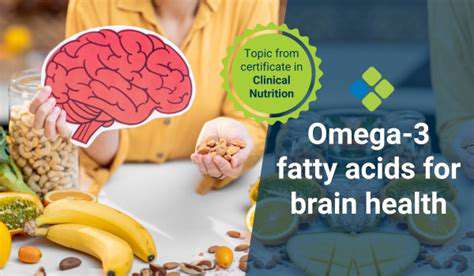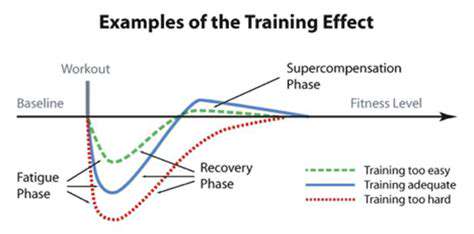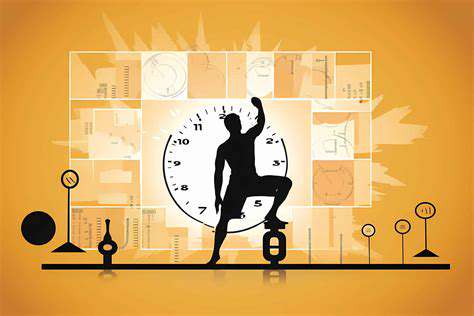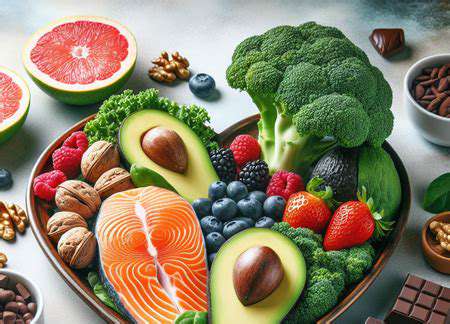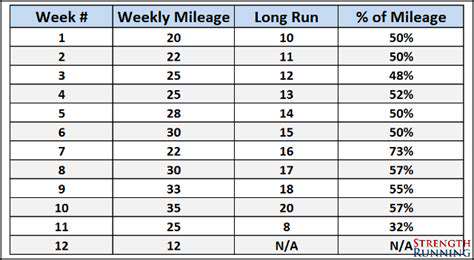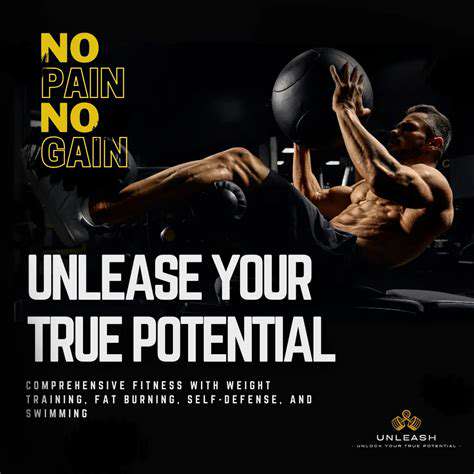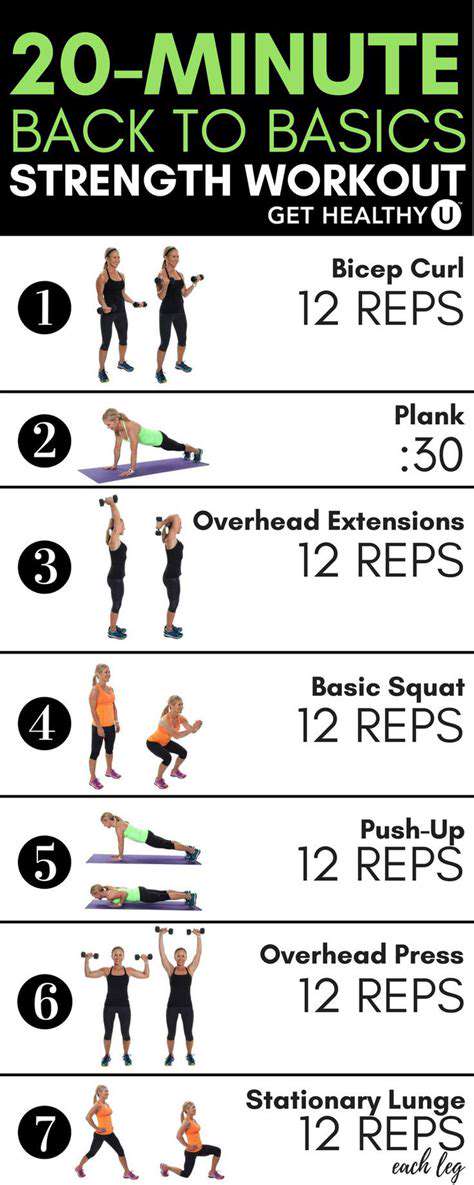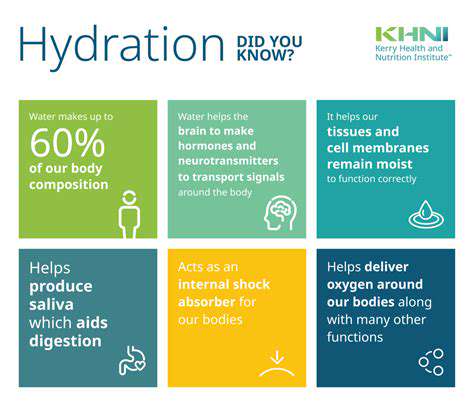Healthy Eating Tips for Pregnant Vegetarians
Folic acid, also known as vitamin B9, is absolutely crucial during pregnancy. It plays a vital role in the development of the neural tube, a structure that forms the brain and spinal cord in the early stages of fetal development. A deficiency in folic acid can lead to serious birth defects like spina bifida. Ensuring adequate folic acid intake through a balanced diet, fortified foods, or supplements is essential for a healthy pregnancy. This vital nutrient supports cell growth and division, crucial for both the mother's well-being and the baby's healthy development. It's important to remember that the body doesn't store folic acid, so a consistent intake is paramount. This means paying attention to dietary sources and potentially consulting with a doctor about supplementation, especially during the first trimester.
Many leafy green vegetables, legumes, and fortified grains are excellent sources of folic acid. Including these foods in your diet regularly will help maintain optimal levels. Furthermore, understanding the importance of folic acid during pregnancy can empower you to make informed decisions about your dietary choices.
Iron: Supporting Both Mother and Baby
Iron is another critical nutrient during pregnancy. It's essential for producing red blood cells, which carry oxygen throughout the body. The growing fetus requires a significant amount of oxygen, and the mother's body also needs increased iron production to support her own blood volume expansion. Iron deficiency anemia can lead to complications for both the mother and the baby, including fatigue, weakness, and potentially low birth weight. Eating iron-rich foods, like red meat, beans, and lentils, is vital. Pairing these foods with vitamin C-rich foods, such as citrus fruits or berries, can enhance iron absorption.
Dietary changes alone may not always be enough to meet the increased iron demands of pregnancy. Consulting with a healthcare professional to assess your iron levels and explore supplementation options, if necessary, is crucial for maintaining a healthy pregnancy.
Calcium and Vitamin D: For Strong Bones and Beyond
Calcium and vitamin D are essential for developing strong bones and teeth in the growing baby. Calcium is also crucial for the mother's own bone health, as pregnancy can put a significant strain on her calcium reserves. Good sources of calcium include dairy products, leafy green vegetables, and fortified plant-based milk alternatives. Vitamin D helps the body absorb calcium effectively. Sunlight exposure is a natural way to obtain vitamin D, but dietary sources like fatty fish and egg yolks are also beneficial.
Adequate calcium and vitamin D intake throughout pregnancy contributes significantly to the overall health and well-being of both the mother and the developing fetus. Maintaining optimal levels of these nutrients is vital for preventing potential complications and ensuring a healthy pregnancy outcome. A balanced diet, including calcium-rich foods and vitamin D sources, can make a world of difference.
Remember that it's always best to consult with a healthcare professional or registered dietitian for personalized advice on meeting your specific nutritional needs during pregnancy.
Understanding the importance of these nutrients is a significant step towards promoting a healthy pregnancy.
A proper understanding of these nutrients can help you make informed decisions about your diet during pregnancy.
Iron: The Oxygen-Carrying Champion
Iron's Crucial Role in Pregnancy
Iron is an essential mineral for pregnant vegetarians, playing a vital role in red blood cell production. These cells are responsible for carrying oxygen throughout the body, supporting the growing fetus and ensuring the mother's well-being. Adequate iron intake during pregnancy is crucial to prevent anemia, a condition characterized by a deficiency in red blood cells. Anemia can lead to fatigue, weakness, and other complications, impacting both the mother's health and the developing baby's growth and development. Maintaining healthy iron levels is paramount for a successful and healthy pregnancy.
Iron deficiency can have detrimental effects on the developing fetus, potentially hindering their growth and neurological development. For pregnant vegetarians, ensuring adequate iron intake is even more critical because iron absorption from plant-based foods is often less efficient than from animal-based sources. This means vegetarians need to be particularly mindful of their iron intake and choose iron-rich foods strategically to meet their increased needs during pregnancy.
Iron-Rich Foods for Pregnant Vegetarians
Fortunately, many delicious and nutritious plant-based foods are excellent sources of iron. Leafy green vegetables like spinach and kale are packed with iron, but it's important to note that the body absorbs non-heme iron (the type found in plants) less efficiently than heme iron (found in animal products). To maximize iron absorption, pairing iron-rich foods with vitamin C-rich foods, such as citrus fruits or bell peppers, can significantly improve the body's ability to absorb iron.
Legumes, such as beans and lentils, are another great source of iron for vegetarians. Including fortified cereals and breads in your diet can also contribute to your daily iron intake. Dried fruits, like raisins and apricots, offer a concentrated dose of iron, and whole grains, such as brown rice and quinoa, are also valuable sources. A balanced and varied diet incorporating these foods, along with mindful food combinations, can help ensure adequate iron intake for a healthy pregnancy.
Fortified foods, such as breakfast cereals and plant-based milk alternatives, can also be helpful additions to a vegetarian diet. It's always wise to consult with a healthcare professional or registered dietitian to create a personalized plan that meets your individual needs and preferences, ensuring you receive adequate nutrients throughout your pregnancy. This personalized approach can provide tailored advice on iron intake and other essential nutrients crucial for a healthy pregnancy.
Choosing iron-rich foods and incorporating them strategically into your diet is a key part of maintaining healthy iron levels during pregnancy. Understanding how to maximize iron absorption from plant-based sources is crucial for pregnant vegetarians to ensure a healthy pregnancy for both themselves and their developing baby.
Tension headaches are one of the most common types of headaches experienced by people worldwide. They are often characterized by a dull, aching pain that can feel as if a tight band is wrapped around the head. Unlike migraines, tension headaches typically do not cause nausea or sensitivity to light and sound.
